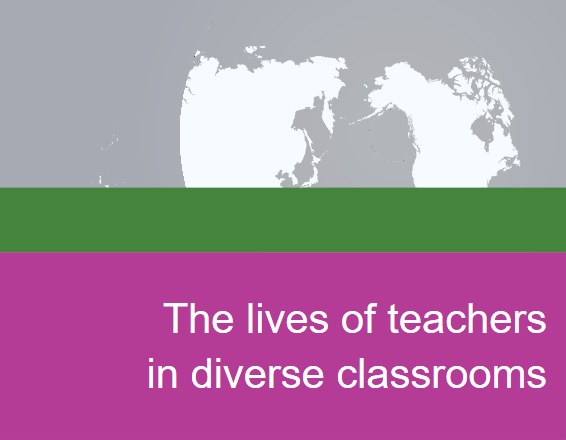OECD: Teachers need to be well-equipped and supported to work in diverse classrooms
Published:
In recent years, the rise of migration and other socio-economic tendencies across Europe has changed the experience of education for students, teachers and parents, leading to the stronger ethnic, cultural, religious and socio-economic diversity in the classrooms. A recently published OECD paper on ‘The lives of teachers in diverse classrooms’, focuses on the challenges experienced by teachers who are working in diverse classrooms and their solutions. The paper states that it is key that teachers are well equipped with the necessary skills and knowledge such as, a greater understanding of diversity as an asset, cultural self-reflectivity, sense of agency and autonomy, using innovation and technologies for inclusion, etc.
Regarding the initial and continuous professional development of teachers, the paper argues that teachers should be at the forefront of the teacher training programmes with an emphasis on practise-oriented learning. It should also better link theory and practice, integrate diversity into the curriculum and incorporate technologies into training. The paper highlights the importance of the professional support provided for teachers throughout their working life through mentorship programmes and collaborations with fellow peers and school leaders with the view to address the diversity and complexity of the modern student body.
The paper emphasises on key policy pointers such as:
Including teachers in the policy process especially in training and professional development programmes; Retaining teachers with an immigrant or minority background in the profession through offering them additional professional development and support programmes; Promoting a reflective approach for the professional development of teachers Encouraging school leaders trained in diversity management to support teachers in dealing more effectively with diverse classrooms
ETUCE supports this paper emphasising that it is important for policymakers to put the needs of teachers at the forefront of the implementation of education and teacher training policies. The joint ETUCE, EFEE (European Federation of Education Employers) and ESHA (European School Heads Association) Statement on Citizenship Education and EU Common values developed in the framework of the EU CONVINCE project, calls for the promotion of sustainable investment in initial teacher training and continuous professional development. This is key in offering teachers with the relevant support needed to promote citizenship education for a more inclusive and diverse education system across Europe.